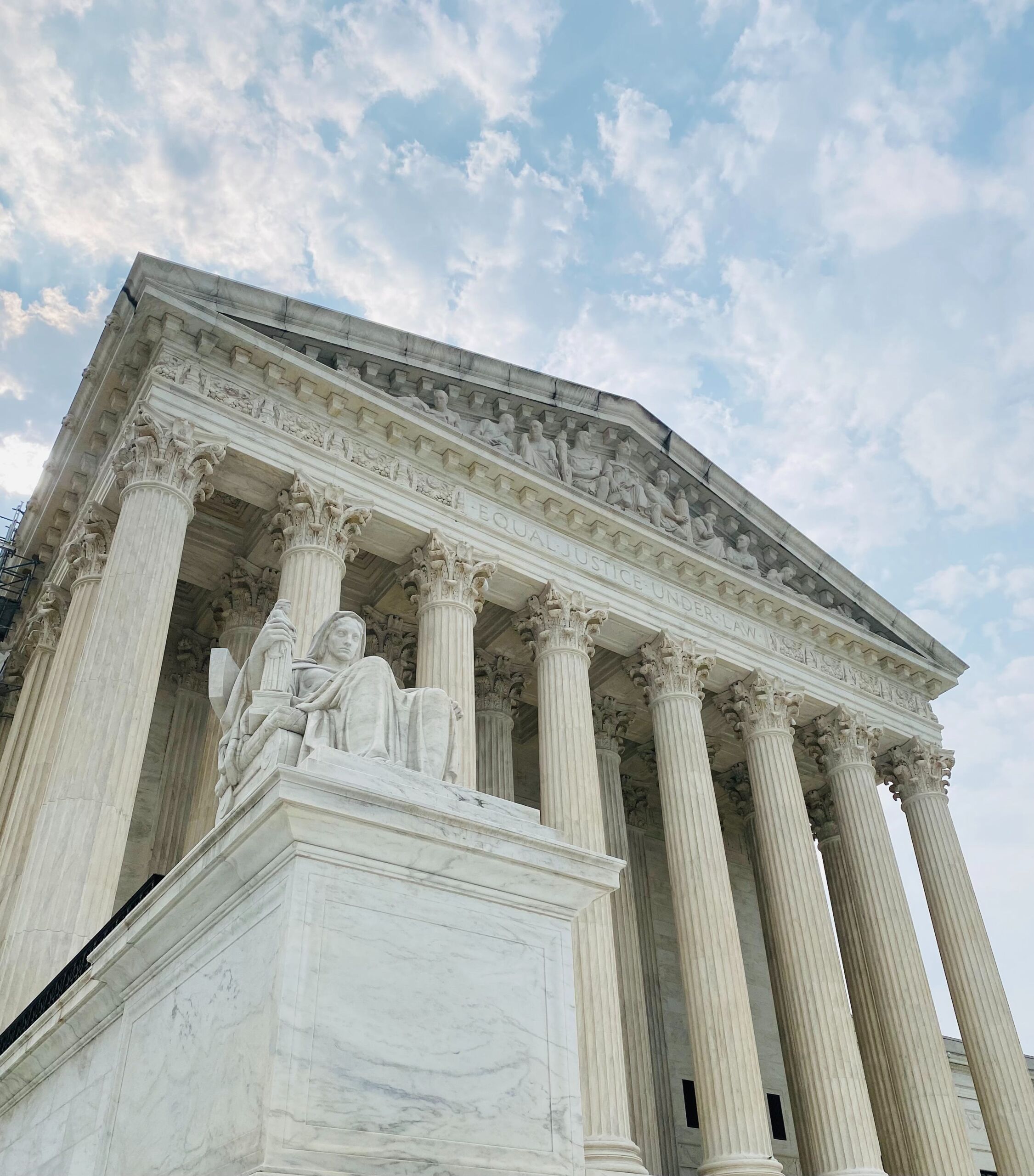During a government shutdown, employees often face shutdown wages issues — such as working without pay, delayed paychecks, or confusion about unpaid work. This guide explains your rights under federal wage and hour laws, what’s legal, and how to protect yourself.
Table of Contents
- Shutdown Wages: What Happens to Pay During a Government Shutdown
- Wage and Hour Laws That Still Apply to Shutdown Wages
- Unpaid Work During a Shutdown: Legal or Not?
- Delayed Paychecks in a Shutdown: What You Can Do
- Overtime Pay and Shutdown Wages
- How to Protect Your Wage and Hour Rights During a Shutdown
- Bottom Line: Know Your Shutdown Wage Rights
Shutdown Wages: What Happens to Pay During a Government Shutdown
When the government shuts down, funding pauses and paychecks stop. As a result:
- Furloughed employees are not paid until funding resumes.
- Essential employees must work without pay until appropriations return.
- Once the shutdown ends, retroactive back pay is required by the Government Employee Fair Treatment Act of 2019.
But delayed paychecks raise real legal concerns about wage and hour compliance and employee rights.
Wage and Hour Laws That Still Apply to Shutdown Wages
Even during a shutdown, the Fair Labor Standards Act (FLSA) continues to protect covered employees.
Minimum Wage and Overtime Protections
- Employers must still pay at least the federal minimum wage.
- Non-exempt employees must receive overtime pay (1.5x) after 40 hours worked.
- Delayed pay does not cancel these rights.
Recordkeeping Requirements
Employers must keep accurate time and pay records, even when pay is delayed. These are essential if employees later file for unpaid wages due to a shutdown.
Internal Link Example:
👉 Learn more about Essential vs. Non-Essential Workers in a Shutdown and how classification affects your pay rights.
Unpaid Work During a Shutdown: Legal or Not?
Furloughed Employees and Unpaid Work
If you are furloughed, you cannot legally “volunteer” to perform unpaid work during a shutdown.
- Doing so may violate labor law and agency policy.
- You will receive back pay only for the authorized furlough period after funding resumes.
Essential Employees and Unpaid Work
Essential (excepted) employees must continue working but are entitled to full back pay once the government reopens.
- They may still have rights under wage laws if work hours exceed 40 per week.
Contractors and Unpaid Work
Contractors are not guaranteed back pay under federal law. If your company fails to pay you, you may have a valid unpaid wage claim under state or federal law.
Delayed Paychecks in a Shutdown: What You Can Do
Why Paychecks Are Delayed
During a shutdown, payroll systems are frozen. You may get:
- Partial paychecks for pre-shutdown work, or
- No paycheck until Congress restores funding.
What Delayed Paychecks Mean for You
- Federal employees receive back pay later.
- Contractors must pursue pay directly from employers.
- Private-sector employers delaying pay may violate wage laws.
How to Respond
- Save pay stubs, emails, and HR notices.
- Track the pay period your last paycheck covered.
- Contact HR and document every communication about your delayed paychecks.
Internal Link Example:
👉 Read our post on Unemployment Benefits and Shutdowns: Who Qualifies and How to Apply for income options while waiting on pay.
Overtime Pay and Shutdown Wages
When Overtime Still Applies
If you work more than 40 hours in a week, you’re still owed overtime pay — even if your paycheck is delayed.
- Once funding resumes, agencies must pay retroactive overtime wages.
- Contractors and non-federal workers can file claims under the FLSA or state wage laws.
Protect Yourself Against Overtime Errors
- Keep personal records of hours worked.
- Confirm your exemption status (exempt vs. non-exempt).
- If unpaid overtime continues after funding returns, contact a wage-and-hour attorney.
How to Protect Your Wage and Hour Rights During a Shutdown
- Track your hours carefully, even if systems are down.
- Save all pay documentation. This supports future wage claims.
- Confirm your classification. Know whether you’re essential or furloughed.
- Communicate with HR early. Ask about pay schedules and overtime policies.
- Seek legal help if you experience unpaid work or missing overtime.
Bottom Line: Know Your Shutdown Wage Rights
Shutdowns disrupt paychecks, but wage and hour laws still apply.
- Federal employees must receive back pay.
- Contractors and private workers can pursue unpaid wages and overtime under labor laws.
- Unpaid work during a shutdown is generally illegal unless authorized.
The Spiggle Law Firm’s Bottom Line:
If you’ve experienced unpaid work, delayed paychecks, or missing overtime during a shutdown, our team can help you recover what you’re owed. Contact The Spiggle Law Firm today to discuss your rights.





